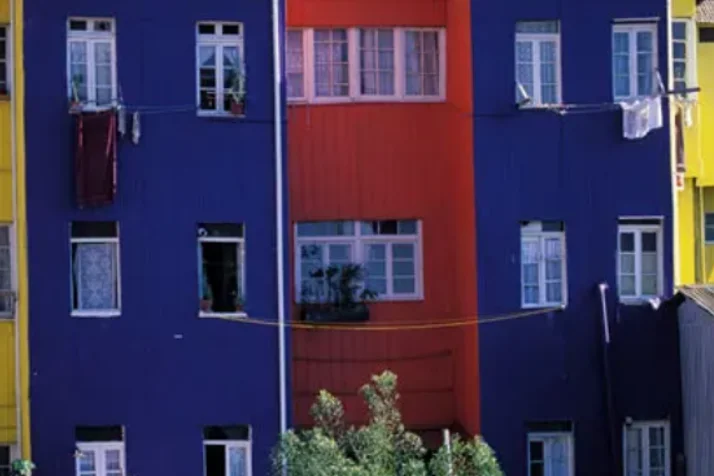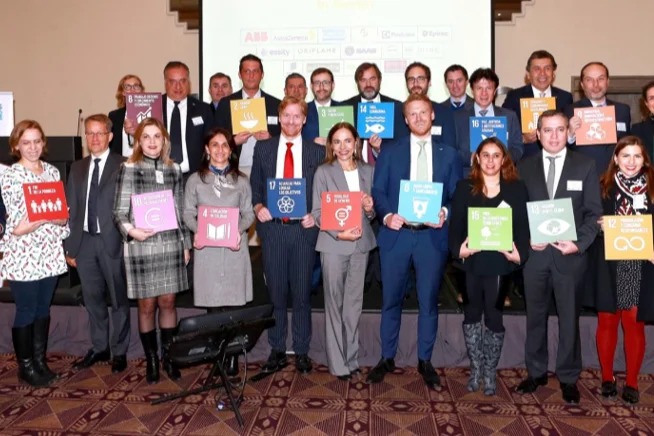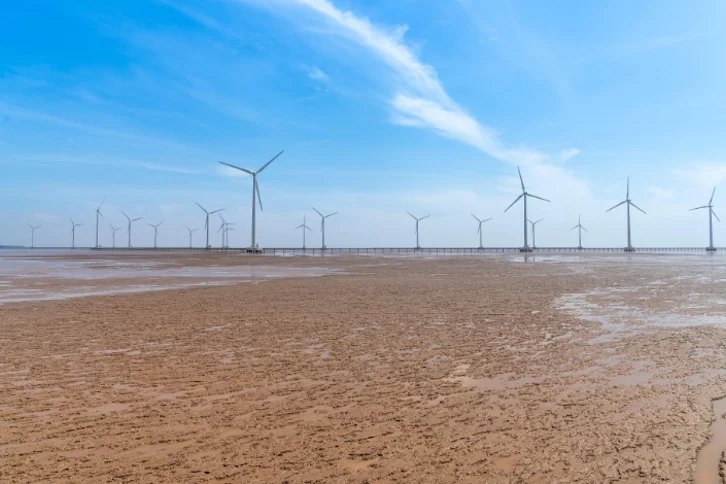Sustainability education in Chile looks to shift consumer behavior

Chilean authorities have responded strongly to a Unesco initiative which is trying to embed sustainability in schools
Chile is in the vanguard of efforts to shape a new generation of green consumers in Latin America where rising living standards are increasingly reproducing the consumption habits found in the developed world.
The country is at the heart of a project born of recognition that creating greener economies in rapidly developing countries must be accompanied by new attitudes to keep pace with their embrace of consumer culture.
According to the World Bank, Latin America’s middle class has grown by 50% in the past decade, and now comprises 30% of the region’s population. These are avid consumers who express their hard-won upward mobility by buying high-status goods: cars and other durables.
Chile is seen as a fertile country for initiatives to advance education about sustainability because its consumers and producers are among the most sophisticated in the region. It became South America’s first member of the Organisation for Economic Co-operation and Development (OECD) and consumption has been growing rapidly. Domestic demand is booming and is projected to be rising faster than any OECD country . Household spending exceeds that of many OECD states, and consumer confidence was on the verge of surpassing a record high from 2006. The OECD projects that by 2030 Chile’s per capita GDP will almost match that of European countries such as Poland, Hungary and Portugal.
Improving living standards mean domestic spending on consumer appliances in Chile has grown rapidly. The national consumer agency, Sernac, has become a powerful advocate of consumer rights.
Yet survey data also indicates that Chilean society is the most environmentally aware in Latin America. Market research suggests a growing trend among Chilean consumers to make choices on the basis of sustainability.
Environmental themes have been loosely present in education in Chile since the 1960s, but the subject took on a formal character in the late 1990s as concern about ecological issues grew.
Chilean authorities responded to Unesco’s Decade of Education for Sustainable Development, which began in 2005, with their own national policy to shape the curriculum and pedagogy on sustainability, although this was not passed .
To embed the topic at nursery, primary and secondary school levels, a system of environmental certification of schools has been created. A consortium of universities also brings sustainability into undergraduate and postgraduate courses, particularly in teacher training and the sciences. The government has also supported social groups developing sustainability options in non-formal education, often in collaboration with businesses.
Unesco research suggests that education for sustainable development is increasingly seen as a catalyst for innovation in teaching, nurtures new forms of collaboration between schools, universities, communities and the private sector and, crucially, may be related to academic gains. Particular forms of learning that have become associated with this theme in schools include collaborative or participatory learning, in which pupils work together.
However, review of progress on education for sustainability in Chile highlighted problems integrating the theme within the curriculum and noted that it is often not considered a priority.
The promotion of education for sustainable consumption (ESC) – teaching citizens about the environmental impact of their consumer choices – represents the latest phase of the multilateral effort.
Chile was selected as one of three countries to pilot an ESC project aimed at developing clear guidelines for national policymaking. An outcome of the Marrakech Process – a global push to nurture more sustainable forms of consumption and production – the initiative is led in Santiago by Consumers International (CI) and the international Partnership for Education and Research about Responsible Living.
Luis Flores, CI’s project co-ordinator, said: “When they were looking for alternatives, they were thinking of countries where there would be enough consciousness, awareness of sustainability, certain minimal levels of institutional development and where Unesco’s Decade of Education for Sustainable Development was doing some sort of work.
“Chile offered very interesting ground … there’s mature institutional development and a very high level of awareness on sustainability and environmental issues.”
Work so far has been preparatory, as CI maps the state of policy and any existing provision in this area and brings together officials and experts from ministries, government agencies and Sernac, the consumer agency. However, they have also begun working with teachers to develop training and pedagogic materials, and later this year hope to distribute best-practice guidelines.
 Albania
Albania Algeria
Algeria Andorra
Andorra Argentina
Argentina Armenia
Armenia Australia
Australia Austria
Austria Azerbaijan
Azerbaijan Bahrain
Bahrain Belgium
Belgium Bolivia
Bolivia Brazil
Brazil Bulgaria
Bulgaria Cambodia
Cambodia Cameroon
Cameroon Canada
Canada Chad
Chad Chile
Chile China
China Colombia
Colombia Costa Rica
Costa Rica Croatia
Croatia Cyprus
Cyprus Czechia
Czechia Denmark
Denmark Ecuador
Ecuador Egypt
Egypt Finland
Finland France
France Georgia
Georgia Germany
Germany Ghana
Ghana Greece
Greece Hungary
Hungary Iceland
Iceland India
India Indonesia
Indonesia Ireland
Ireland Italy
Italy Jamaica
Jamaica Japan
Japan Jordan
Jordan Kazakhstan
Kazakhstan Kenya
Kenya Kuwait
Kuwait Latvia
Latvia Lebanon
Lebanon Libya
Libya Lithuania
Lithuania Luxembourg
Luxembourg Malaysia
Malaysia Maldives
Maldives Mali
Mali Malta
Malta Mexico
Mexico Moldova
Moldova Monaco
Monaco Morocco
Morocco Netherlands
Netherlands New Zealand
New Zealand Nigeria
Nigeria North Macedonia
North Macedonia Norway
Norway Oman
Oman




